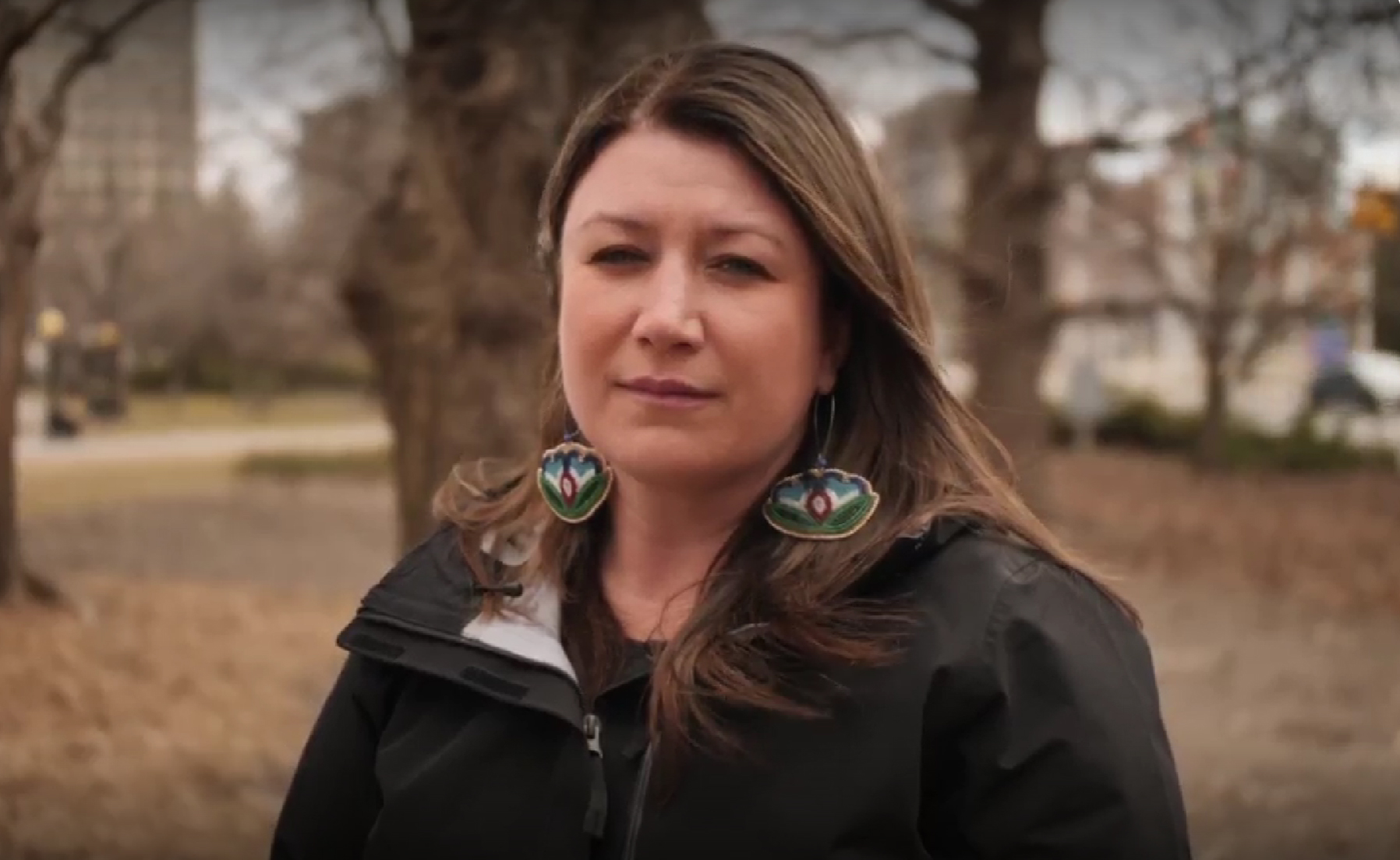Learning about treaties in Canada
The David Suzuki Foundation has a long history of supporting Indigenous-led conservation and land governance. As David Suzuki says, “The only people with a track record of living sustainably in place for thousands of years are Indigenous people, and despite all that has been done to get them out of the way, they are still here fighting for their land.”
When settlers arrived in what is now called Canada, they initially made treaties with Indigenous Peoples in some territories to share the land. But as settler thirst for resources grew, Indigenous Peoples were ultimately removed from the lands that once sustained them and relocated to ever-diminishing reserves. Treaties guaranteed that Indigenous communities would still be able to carry out their traditional ways of life, but Canada’s implementation of treaties has, in almost every instance, failed to honour that understanding.
In other territories, especially British Columbia, treaties were not signed and Indigenous Peoples made no legal agreements with Canada to share responsibility of the lands and waters. Canada took over governance of these lands and resources without consent.
Canadians living in treatied lands are represented by the negotiated treaties even if they did not sign them themselves. Treaties govern Indigenous-government (often referred to as the Crown) relationships, and their implementation could advance reconciliation efforts. Where there are no treaties, most people are unaware of the political landscape that excludes Indigenous Peoples from decision-making with respect to their traditional territories.
In partnership with Decolonizing Water and with Stiftung Zukunft jetzt! support, The David Suzuki Foundation (DSF) created Treaty Promises, a five-part video series that examines the relationship between Canadian citizens, Indigenous Peoples and treaties.
It features interviews with Indigenous people and white allies who share the meaning of treaties, how they’ve been misinterpreted, how implementation could improve, the role of Indigenous law in taking care of lands and waters, and some creative ways forward toward improved relationship and true sharing of lands and waters.
Why are treaties so contentious?
The Government of Canada and Indigenous Peoples interpret and understand treaties differently. There are vast discrepancies between oral and written versions of treaties — specifically words understood by government to indicate that nations willingly gave their land away.
Governments are failing to uphold treaties, even in the limited way in which they are interpreted. Neither historic nor modern treaties have been fully implemented, and the way that government manages the land is counter to Indigenous beliefs about responsibilities to the natural world.

„We can see [the challenge] in the images of land defenders coming up against the state police. Both are lawful — both are employing their own systems of law. What you have are two legitimate legal authorities that are saying two different things“.
AiméeCraft, Associate Professor, University of Ottawa
Indigenous understandings of governance
Indigenous Peoples had laws and systems of governance long before Europeans landed here and imposed their colonial laws. Colonialists viewed nature as property to be owned and resources to be commodified. In contrast, many Indigenous people speak of inherent rights accompanied by inherent responsibilities to the natural world. For example, University of Windsor faculty of law associate professor and associate dean Beverly Jacobs says, “Our laws are always about that responsibility — our relationships, reciprocity.”
As Aimée Craft, University of Ottawa associate professor, explains, “We can see [the challenge] in the images of land defenders coming up against the state police. Both are lawful — both are employing their own systems of law. What you have are two legitimate legal authorities that are saying two different things.”
Treaties were meant to benefit settlers and Indigenous Peoples. But they have been used by the federal and provincial governments to advance resource extraction activities on land Indigenous Peoples previously governed.
The resulting conflicts over land-use decisions point to a need for people in Canada to have conversations — sometimes difficult — about what needs to change to improve Indigenous-settler relationships and craft a path forward that allows Indigenous stewardship of lands and waters.
Provincial governments manage the activities that affect lands and waters. To date, government management of lands and waters has prioritized resource extraction. This must change.
We also support other Indigenous-led initiatives.
With the support of Stiftung Zukunft jetzt! DSF also created a three-part video series about the Land Back movement, in which Indigenous Peoples assert that justice be served through gaining seats at land use decision-making tables, and in some instances, through the return of lands taken from them. DSF also supports the establishment of Indigenous protected and conserved areas and Indigenous-led work to restore and protect at-risk species.
Ultimately, the Treaty video series emphasizes that treaties are about relationships; prior to contact with European settlers, they were used by Indigenous Peoples with other nations and with non-human kin. To repair past damages, we must collectively strengthen these relationships. Non-Indigenous people have a role to play in rebuilding and honouring treaties where they exist and working with nations to ensure their inclusion in taking care of lands and waters where they do not.
The David Suzuki Foundation is planning to screen the treaty videos at a live event in Vancouver on November 8, followed by a panel that includes video participants. This event will be live-streamed and recorded, so that supporters throughout Canada and around the world will be able to watch it.

